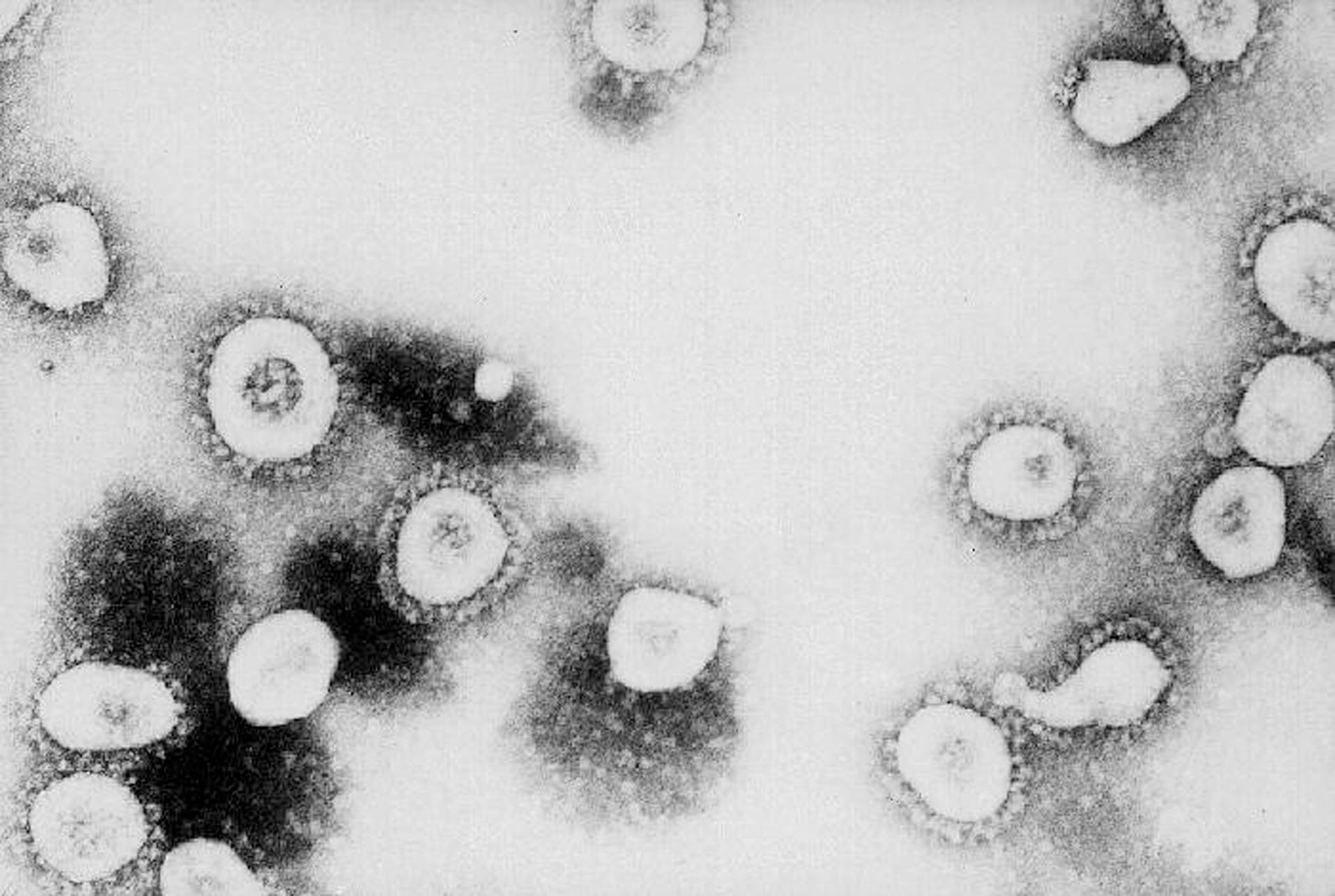Patient killed by SARS-like virus in the UK
A Qatari man was confirmed as having the SARS-like coronavirus, which health officials worry will spread globally.
A Birmingham patient has died after contracting a SARS-like coronavirus, British health authorities said, marking the first UK death from the little-known disease.
The patient appears to have contracted the disease from his father, who had recently made a trip to Saudi Arabia, and had suffered from a weakened immune system prior to coming into contact with the virus, reported the BBC.
Read more from GlobalPost: SARS-like virus infects its tenth victim
The patient, who died on Feb. 18, was one of three members of the same family to contract the respiratory disease, wrote the Independent.
His father remains in serious condition at a Manchester hospital, the Independent added, and is being treated on an ECMO machine, used to oxygenate the blood after lung failure.
Human to human transmission is considered to be rare with the new coronavirus, which was first detected in September 2012 — but it appears to be possible.
"The routes of transmission to humans of the novel coronavirus have not yet been fully determined, but the recent UK experience provides strong evidence of human-to-human transmission in at least some circumstances," John Watson, head of the respiratory diseases department at the Health Protection Agency, told the BBC of the disease.
It's not yet time for the public to worry about a transmissible disease nightmare, like the SARS virus that gripped China in the early 2000s, cautioned University of Reading professor Ian Jones.
"Given the previous health status of the patient it may be premature to assume the death was a result of the infection but even if it was, it is unlikely to signify a change in the virus," Jones told the BBC. "No general virus spread has been reported meaning the risk to the public remains very low."
The "novel coronavirus 2012" appears to be most closely related to a coronavirus commonly found in bats, a British Health Protection Agency gene sequencing study found.
"Coronaviruses are fairly fragile, and outside of the body their survival time is only around 24 hours," writes the HPA on their website. "They are easily destroyed by most detergents and cleaning agents."
Every day, reporters and producers at The World are hard at work bringing you human-centered news from across the globe. But we can’t do it without you. We need your support to ensure we can continue this work for another year.
Make a gift today, and you’ll help us unlock a matching gift of $67,000!
